
Being born male awards immense societal privileges. And yet many men and boys are remonstrating, dissatisfied with their lot. Could pressures of embodying hyper-masculinity be at fault? And might accepting difference and diversity be the answer?

Being born male awards immense societal privileges. And yet many men and boys are remonstrating, dissatisfied with their lot. Could pressures of embodying hyper-masculinity be at fault? And might accepting difference and diversity be the answer?
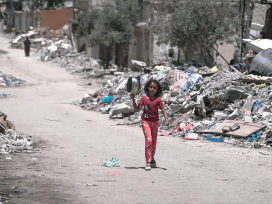
The psychological toll of living in a warzone is causing children in Gaza to lose their ability to communicate. But the immediate focus on survival means that children are not receiving the therapy they urgently need.

Outrage and moral panic have become driving forces in global politics – but what role should emotions play in democratic governance? On the new episode of Standard Time, researchers examine the influence of moral emotions and their implications for political life.

Despite the prevalent interest in inequality, sociologists and historians often avoid talking about elites. One reason are the negative connotations and a preference for the category of class. But the looseness of the term also plays a role.

Growing reluctance to engage with books is endangering democracy and science. Deep reading boosts the human capacity for abstract and analytical thinking, protecting us from the corrosive effects of bias, prejudice and conspiracy theories.
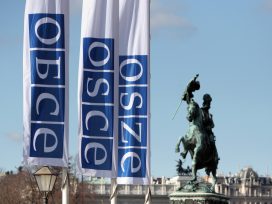
Russia’s invasion of Ukraine, and its denial of rights at home, are precisely the kind of development that the Organization for Security and Co-operation in Europe was set up to prevent. So why has the OSCE failed to fulfil its purpose?
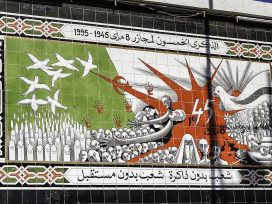
The end of the Second World War was not a single moment defined by victory and defeat. Rather, it was a pluriform and drawn-out process perpetuated by colonial power politics in the Global South.

The Second World War no longer serves as a history of the western European present. The current era is marked by a different set of problems, not least the fading appeal of the model of democracy installed after 1945.

Two opposing interpretations of 1945 form the ideological core of today’s confrontation between Russia and the states of central and eastern Europe. Both are reactions to the collapse of the Cold War order.

Journalism may be touted as a heroic pursuit, but the working conditions undermine young talent and career prospects are few and far between. Journalists talk panic attacks in the editorial rooms, early career experiences and the transformation of their profession.
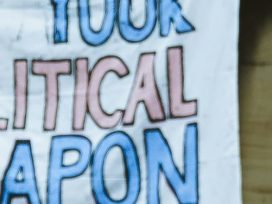
Transgender identities are commonly misunderstood. Authorities such as the UK Supreme Court see fit to erase trans people to satisfy retrograde opinions on gender diversity. But looking back at the life of American activist Lou Sullivan, profiled by Vox Feminae, is a timely reminder that being born a ‘biological woman’ isn’t a fixed definition.

Polish journalists, micromanaged by the authorities, tread a fine line between boondoggling and ritually sensationalizing political debate. The following fragment from ‘Bullshit Journalism: Why is it so bad to work in the Polish media?’ gives voice to professionals under duress.
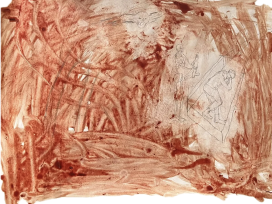
Artist Marharyta Polovinko’s creativity persisted in a tormented form through her experiences as a soldier on the Ukrainian frontline. The words of a recently called-up fellow creative and young family man provide a stark reminder that the Ukrainian military is buying Europeans time.

Women who take up running face all manner of challenges, from sexual harassment to overcoming body self-consciousness. Croatian journal Vox Feminae reflects on the sport’s development in Yugoslavia and its role today, including benefits for body, mind and connecting with the environment.
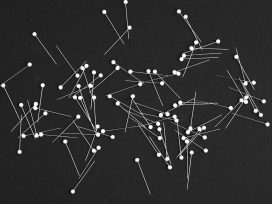
In a world saturated with information, stimuli and industrialized noise, silence can be a reprieve – a vital force that is at least as clear as the ‘loud’ slogans raised at protests and rallies.

Steady access to safe, drinkable water is still a privilege, and Europe is struggling with ever-worsening droughts. The new episode of the Standard Time talk show discusses chemical hazards, eco guerrillas, and why we can never have enough pelicans.